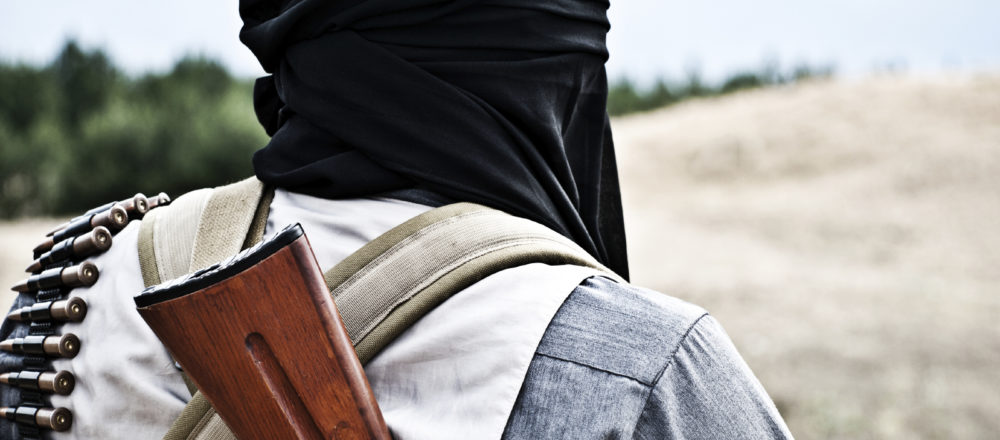Two months before Numan Haider attacked a Police Officer outside a Melbourne police station on 23 September 2014, another 18-year old Melbourne teenager launched a suicide bomb in Iraq.
Two boys of the same age from the same city – a city seemingly so far removed from the world’s sectarian conflicts.
For most Australians, regardless of religion, such extremist-inclinations are bewildering, and it is unimaginable that people could engage in such violent and barbaric acts.
But this is not a new phenomenon – Australian engagement with militancy dates back to the 1930s Spanish Civil War, and significantly, reaches beyond the realm of Islamic extremism.
So what motivates your average Australian to engage with an extreme cause?
Nick O’Brien, former head of International Counter Terrorism in Special Branch at New Scotland Yard, argues that if a community is outcast, its members are likely to rebel against the society that rejected them. As a result, he posits that it is “in the interests of Islamic State for Muslims in Australia to be attacked or for their mosques to be attacked, because doing so would help divide the Australian community”.
This argument is mirrored in a 2010 study by Stankov, Saucier and Knežević that identified three “militant extremist mind-set factors”. According to the study, an individual’s propensity to engage with radical movements is determined by a belief that violence is acceptable in certain circumstances, a feeling of some kind of disillusionment with the world, and traditional or religious values – referred to as Proviolence, Vile World and Divine Power, respectively.
The Vile World trait is arguably the most important determinant-component of the extremist mind set factors. It is important to remember that if extremist acts are separated from their ideology, they are still recognised as felonies in their own right.
By the same the token, many felons will naturally exhibit Proviolent tendencies and may have unrelated Divine Power beliefs. Stankov et al therefore argue that, “Vile World may turn out to be the most unique aspect of militant extremism in that it provides an opportunity to distinguish specific anger of the ordinary criminal from the ‘injustice towards my people’ anger of the contemporary terrorist”.
Other studies also reiterate the importance of the Vile World belief. A 2009 Study called it “a felt imperative to annihilate (exterminate, crush, destroy) evil and/or purify the world entirely from evil”, and an analysis of hate crimes by Chirot and McCauley implicated anger as a driving force behind such acts.
“Worryingly, current responses to Australian extremism could be seen as amplifying the problem.”
Given that the University of Western Sydney’s Challenging Racism Project found that over 60 per cent of Australian-Muslims have experienced workplace-related racism, and Mosques are often the target of Islamophobia, it is not difficult to see why some members of the Australian Muslim community may feel shunned by Australian society.
Moreover, since most strains of Islamic extremism are posited against Western society, it is even more unsurprising that its dogma may be appealing to people who have been ostracised by that society.
Yet, worryingly, current responses to Australian extremism could be seen as amplifying the problem.
In the aftermath of the September 2014 terrorism raids, inflammatory rhetoric has been rife and has arguably increased divisions. Senator Jacqui Lambie infamously equated Islam with terrorism, and there have been calls for immigration adjustments to limit Muslim migrants.
At the same time, there has been an increase in reports of anti-Islamic attacks, including physical attacks on women wearing headscarves and violent threats against Mosques. And to what end? In the words of UN Secretary-General Ban Ki Moon, “terrorists must be defeated – but we must do so in a way that avoids the deliberate acts of provocation that they set for us – victimization, further radicalization and more civilian deaths.”
“Over the longer term, the biggest threat to terrorists is not the power of missiles; it is the politics of inclusion. It’s peaceful societies and respect for human rights. It’s education, jobs and real opportunity,” he argues.
Ultimately, telling people to go back to where they came from is only going to fuel animosity.
By implicating the so-called “politics of inclusion“ every Australian has the opportunity to reduce ostracism and prevent further radicalisation.



